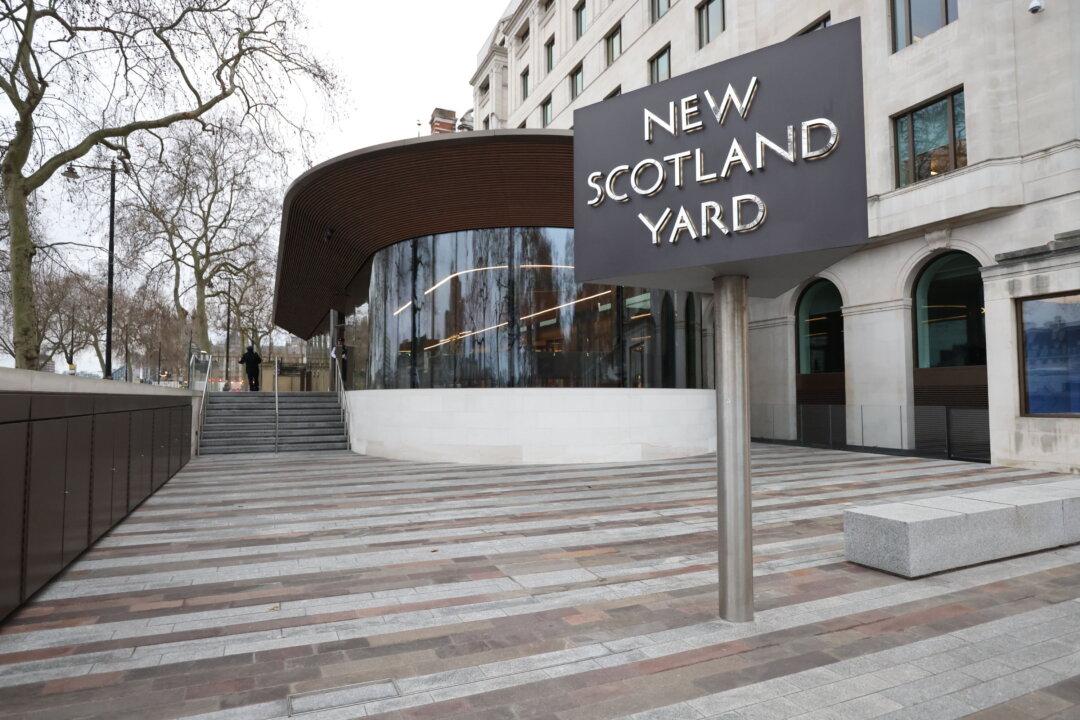The Metropolitan Police has been advised by IT experts to carry out a thorough investigation of its cyber security practices following a data breach.
On Saturday the Metropolitan Police said, in a statement on its website: “We have been made aware of unauthorised access to the IT system of a Met supplier. We are working with the company to understand if there has been any security breach relating to Metropolitan Police data.”





